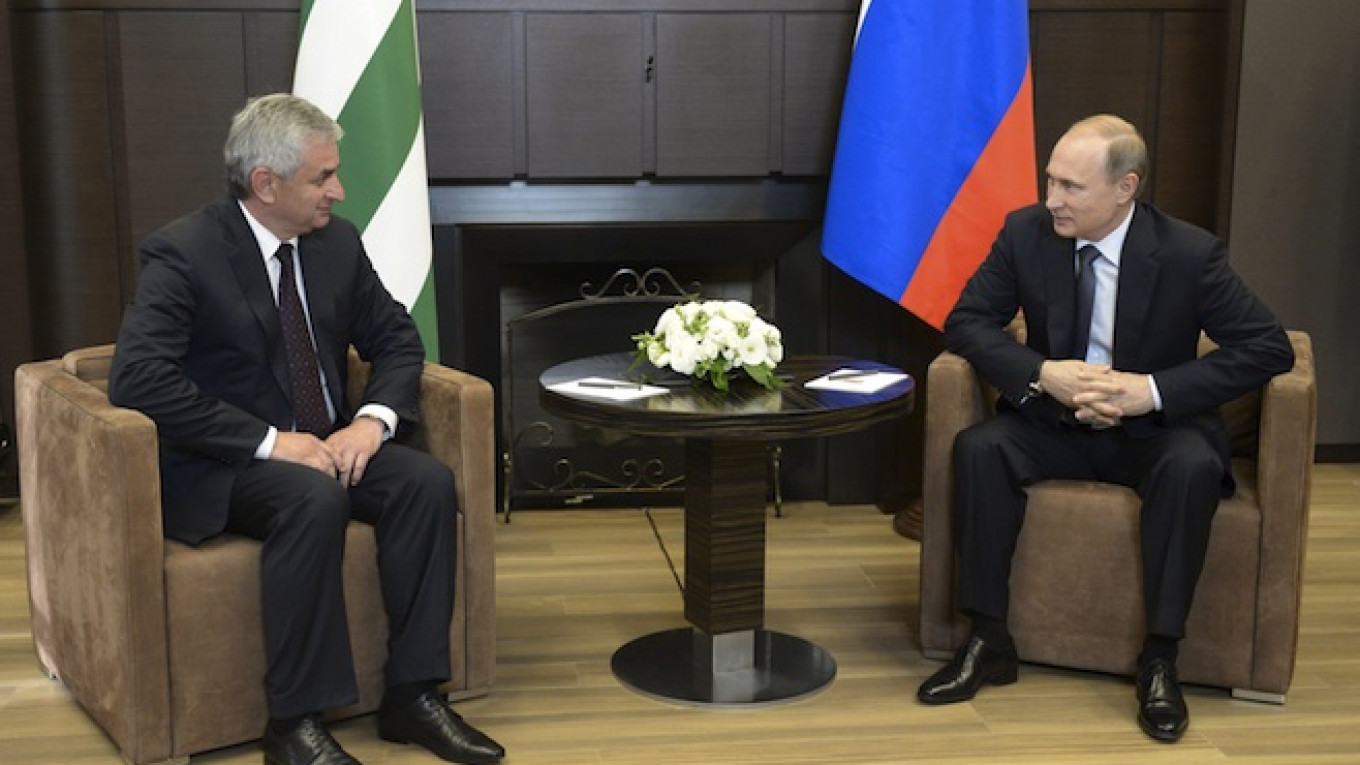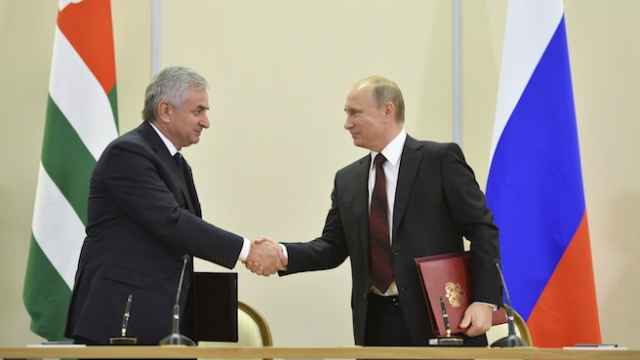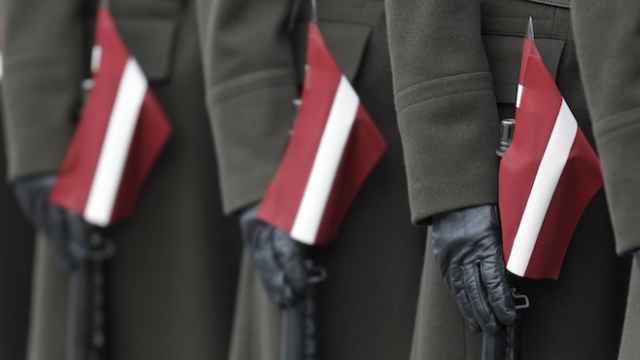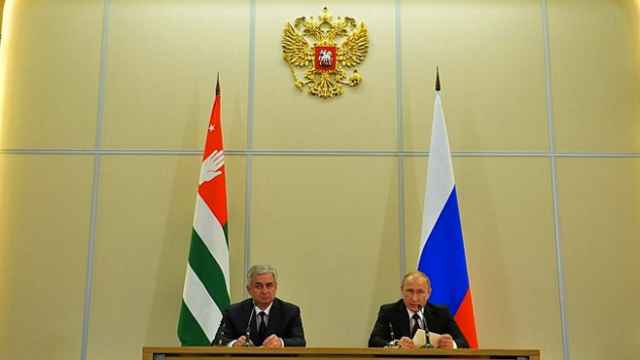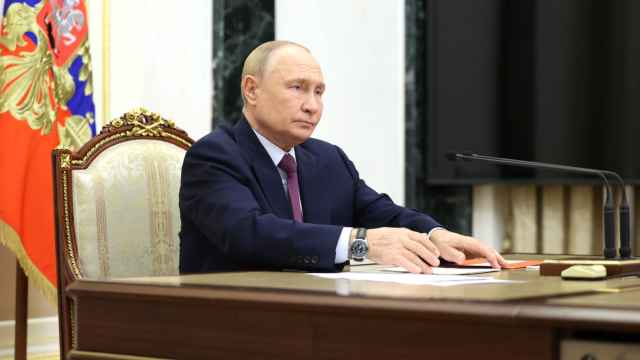This article was originally published by EurasiaNet.org
Abkhazia has appointed a retired senior Russian military officer as its new minister of defense, suggesting a tightening control by Moscow over the nominally independent breakaway Georgian territory.
De facto President of Abkhazia Raul Khajimba announced the appointment of General Anatoliy Khrulev to head the MoD on May 18, just three days after Khajimba met with Russian President Vladimir Putin in Sochi. Until his retirement in 2010, Khrulev had commanded the Russian 58th Army, and was wounded in South Ossetia fighting in the 2008 war between Georgia and Russia.
In announcing the appointment, Khajimba said it would help improve "cooperation" with Russia: "Our army isn't large, but in conditions of great military difficulty, when it was formed, it showed itself to be capable," Khajimba said. "Today is a different time, and we are taking on new missions, including those connected with the development of military-technical cooperation with Russia. We are counting on your [Khrulev's] knowledge and experience."
The appointment follows last year's signing of an integration deal between Abkhazia and Russia, which called for a "unified defense space" and other forms of tighter military coordination.
Khrulev isn't the first non-Abkhazian to be minister of defense: Sultan Sosnaliyev, a native of Kabardino-Balkaria who fought in Abkhazia's war against Georgia in the early 1990s, served two terms as defense minister, including as recently as 2007.
But this appointment is obviously more sensitive. While relying on Russian security guarantees against Georgian efforts to retake its lost territory, Abkhazia has endeavored to maintain its independence as much as possible and to minimize Russian interference in its internal affairs.
In a revealing interview with the local RFE/RL service, the director of the Center for Strategic Research under the President of Abkhazia, Oleg Dameniya, acknowledged that the appointment may be unpopular in Abkhazia.
"I can only say that we have a deficit of cadres, especially in this exact area, in the area of the armed forces," Dameniya said. "But, unfortunately, our society, in all likelihood, isn't ready yet and I, also, am not ready to comment."
In Tbilisi, the appointment was seen as "confirmation of the Russian occupation" of Abkhazia. "Regardless of the fact that Russian soldiers have commanded illegal armed formations in Abkhazia and South Ossetia, the appointment of Anatoliy Khrulev is yet another glaring confirmation of the Russian occupation and a continuation of the occupation regime," said Paata Zakareshvili, State Minister for Reconciliation and Civic Equality. "This indicates that Russia doesn't trust the Abkhazian public and sees the future of that society only under Russian control."
A Message from The Moscow Times:
Dear readers,
We are facing unprecedented challenges. Russia's Prosecutor General's Office has designated The Moscow Times as an "undesirable" organization, criminalizing our work and putting our staff at risk of prosecution. This follows our earlier unjust labeling as a "foreign agent."
These actions are direct attempts to silence independent journalism in Russia. The authorities claim our work "discredits the decisions of the Russian leadership." We see things differently: we strive to provide accurate, unbiased reporting on Russia.
We, the journalists of The Moscow Times, refuse to be silenced. But to continue our work, we need your help.
Your support, no matter how small, makes a world of difference. If you can, please support us monthly starting from just $2. It's quick to set up, and every contribution makes a significant impact.
By supporting The Moscow Times, you're defending open, independent journalism in the face of repression. Thank you for standing with us.
Remind me later.


